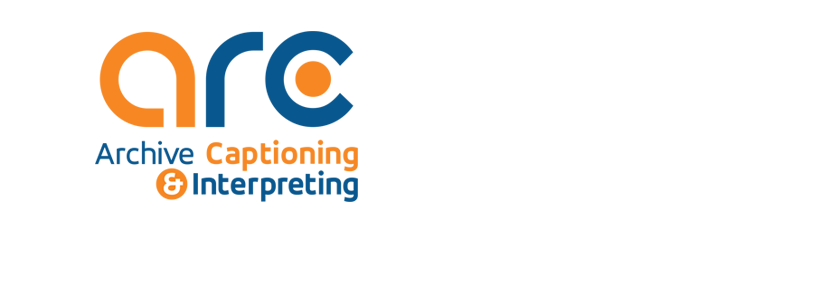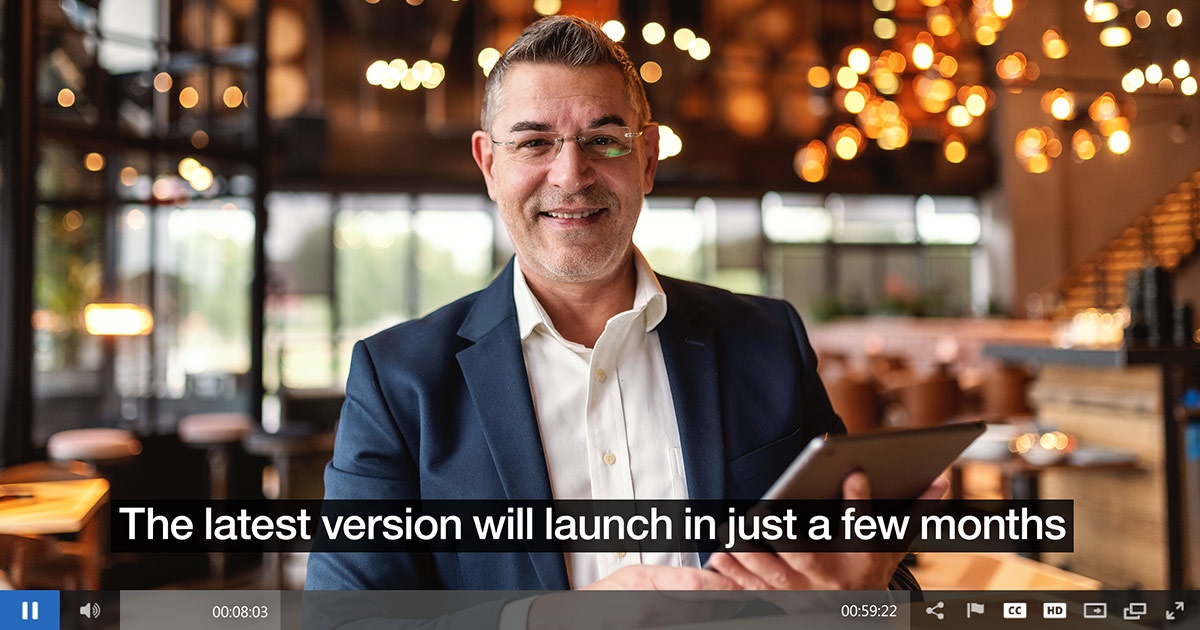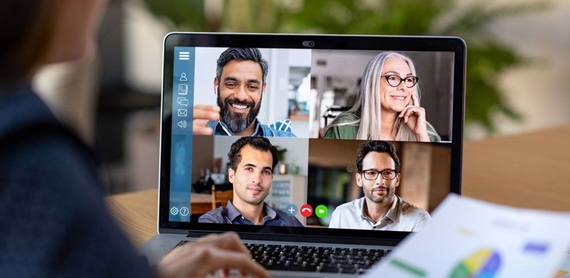We tend to think of hybrid and virtual events as being easier for people with disabilities to attend than face-to-face events. However, hybrid and virtual platforms present their own challenges and potential barriers to enjoyment. That’s why, if you want to create truly inclusive online events, accessibility can’t be an afterthought.
To make sure your event is a success, accessibility needs to be incorporated in every phase of the process, from planning to implementation, budgeting and post event. We offer some tips at every stage of your event.
Strategy and Planning
First and foremost, make sure that the digital platform you are considering for your event supports accessibility and how. You don't want to spend a lot of time, energy and money implementing a platform only to find out it doesn't support the types of accessibility you had planned on using.
Next, consider the types of possible accessibility needs your attendees and participants might have and develop a strategy on how you plan on addressing them. Things you might consider are:
- Captioning
- Translation
- Sign language interpretation
- Assistive technologies
- Audio description
Once you have your list, go back to your partners and determine what the platform might be able to support, how it supports these goals and what possible impacts these solutions might have on other aspects of the event.
Budget
Once you have a handle on what your goals are and what might be possible, its time to put some numbers around what you are trying to accomplish. Make sure you take into account as many of the different options as possible, including whether one solution might be able to address multiple goals. For example, live captioning might be able to also address the need for transcripts needed to distribute to attendees post event.
Implementation
Make sure your attendees know about all of the different accessibility tools that are available at your event and how they can take advantage of them.
Make sure speakers know that you are planning an accessible conference and let them know how they can help make their presentations more accessible. For example, if the sessions are being captioned, presenters might want to avoid putting any information at the bottom of their slides to avoid it being covered by the captions.
Make sure the event team is knowledgeable about the accessibility features in the platform and can guide users in using them.
Post Event
Make sure to ask about accessibility when doing your post event survey. Many event organizers are surprised to learn how many people took advantage of the accessibility features in the event and how important they were to their enjoyment of the event.
For more information or if you have questions about how to make your virtual or hybrid event more accessible, please email us at This email address is being protected from spambots. You need JavaScript enabled to view it..
About Archive Captioning and 20/20 Captioning
Archive Captioning and 20/20 Captioning are leaders in providing live captioning and remote CART services to corporations, universities and non-profits. We use only certified, experienced live captioners which provides the highest level of accuracy.





